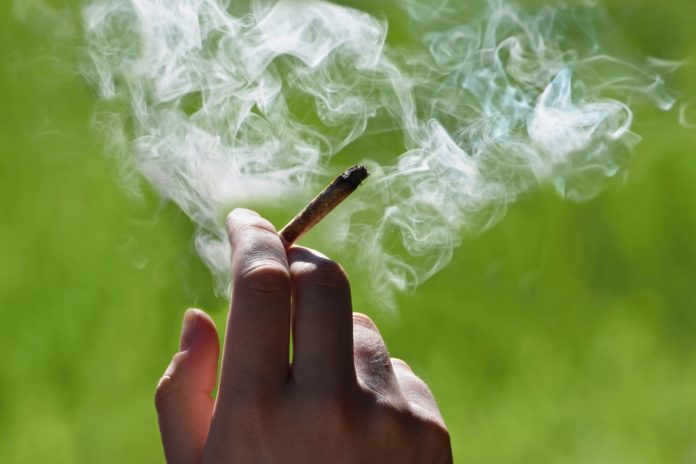WASHINGTON, D.C. — With 29 states having already approved the medicinal use of cannabis and an overall rising acceptance of the plant among Americans and researchers, the Food and Drug Administration (FDA) seems likely to legalize its use, at least in some form.
Although we are constantly learning about new uses for medicinal cannabis, most physicians would still caution against smoke inhalation as the primary method of ingestion for patients. So don’t expect the FDA to be handing out joints at any point in the near future.
“I prescribed blood pressure pills and all kinds of other things to my patients when I was a practicing physician not too long ago,” said FDA Commissioner Scott Gottlieb according to Bloomberg. “I never told a patient to go home, crush up a pill, roll it in a piece of paper and smoke it.”
“Using a lung as a drug delivery vehicle isn’t optimal,” Gottlieb continued.
However, Gottlieb did not shut the door to the FDA eventually allowing some form of medicinal cannabis use.
“That’s not to say that we wouldn’t evaluate it if it came in; it just wouldn’t be an optimal way to deliver an active ingredient,” he said.
If medicinal cannabis is approved by the FDA, the agency would likely recommend topicals, pills, oral sprays, and sublingual drops.
The FDA could soon greenlight the first federally legal cannabis product. The agency is currently reviewing an application from GW Pharmaceuticals. The drugmaker is seeking the approval of Epidiolex, a medication derived from cannabidiol (CBD). If approved, this medicine would come in a strawberry flavored oral spray. The FDA is expected to announce their decision on whether or not to approve Epidiolex by June 27.
GW Pharmaceuticals already produces a similar medication in the UK. Sativex was approved in 2010 and is approved to treat patients seeking relief from symptoms associated with MS such as neuropathic pain, spasticity, overactive bladder, and others.
Currently, cannabis is on the Drug Enforcement Agency’s list of Schedule I banned drugs. This places it in the same category and potential danger level as heroin and LSD in the eyes of federal authorities.












